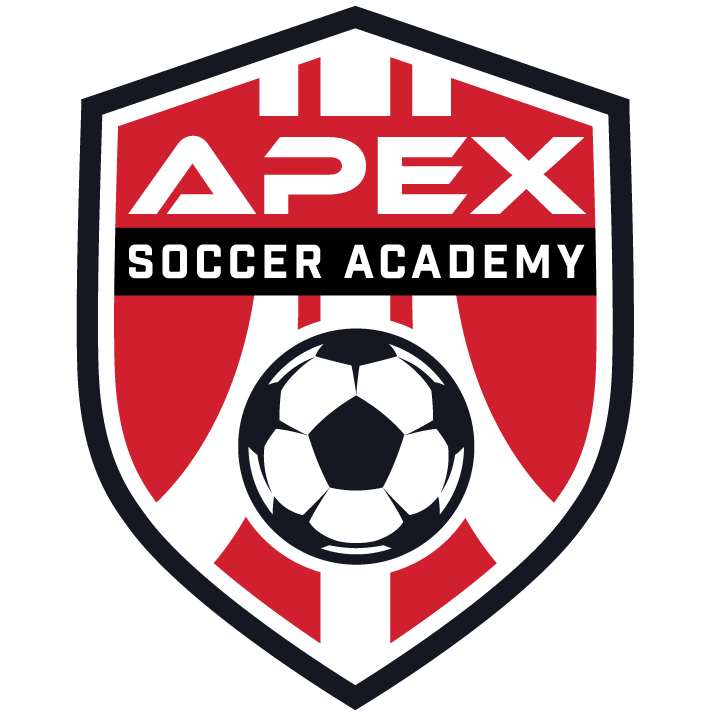Nutrition & Hydration
When people think about being a good soccer player, they tend to talk about an individual’s abilities. Can he or she dribble well? Is he or she fast? Do they have a knack for scoring goals? What most people forget is that for any individual at any level, being a good soccer player starts with being healthy and eating right.
A good diet and the right nutrition increase our brain function and decrease the chance of illness or injury.
U.S. Soccer Comprehensive player health and safety program
Recognize to Recover is aimed at promoting safe play and reducing injuries in soccer players of all ages. The first-of-its-kind, the program was developed with the help of medical experts to provide coaches, players, parents and referees with information, guidance and additional educational materials to improve the prevention and management of injuries.
Read this expert source from US Soccer - Nutrition Guide: Recognize to Recover
Youth Player Nutrition
There are many questions about optimal nutrition for young athletes. Nutrition should support their normal growth and development, but also the increased needs as a result of training. It is also important to create good and healthy nutrition habits that will benefit any young athlete later in life. Nutrition is an important part of the athlete’s life, but unfortunately it is not always treated as such.
Young athletes are not just smaller versions of adult athletes. Young athletes have different nutritional needs because they are in a phase of growth, and their physiology and metabolism is different from adults. Here we will discuss the background, as well as some of the practical implications of nutrition for young athletes and their parents.
The Importance of Hydration
There are confusing messages about fluids. Sometimes you read that it is dangerous to drink too much, sometimes you read that drinking is essential to avoid dehydration. The truth is, both messages are correct; it is all about drinking the right amount, especially when playing in hot and humid weather conditions. Excessive dehydration or over drinking can both affect performance.
How do you know if you’re dehydrated?
What should you drink?
When and how much should you drink?
The 3 R’s of Recovery From Play
When the clock stops or practice ends, players must focus on helping their bodies recover from physical activity and nutrition plays a central role. U.S. Soccer's Recognize to Recover program offers these tips to nutritional recovery: Rehydrate, Refuel and Rebuild.
Rehydrate
Refuel
Rebuild
Source: U.S. Soccer - Recognize to Recover
UEFA Take Care Programme
The Take Care programme, a new game-changing initiative using the power of football to create and support healthier lifestyles and positive habits.
Designed to provide a variety of tools to support national associations, leagues, clubs, football stakeholders and schools in promoting health and well-being, the Take Care programme is tailored for key influential figures such as parents or caregivers, teachers, coaches and staff to encourage healthier lifestyles and more positive habits.
Take Care comprises six modules addressing important and interconnected areas of daily life:
Physical activity
Nutrition - Check out Practical Actions
Digital addiction
Substance awareness
Road safety
Each module contains white papers, posters, a podcast, short inspiring documentary and an educational session.
Modules and resources will be published throughout 2025.
Source: https://www.uefa.com/takecare/
Nutrition expert
Healthy eating is critical for players to perform at their best. James Collins, Managing Director of INTRA Performance Group, has worked directly with top clubs and associations in Europe. Collins is a leading expert in performance nutrition.
Read this excellent article discussing the evolution and considersations of nutrition in football (soccer).
“The available evidence tells us youth players do not eat sufficiently to meet the high energy demands of maturation and training.”

